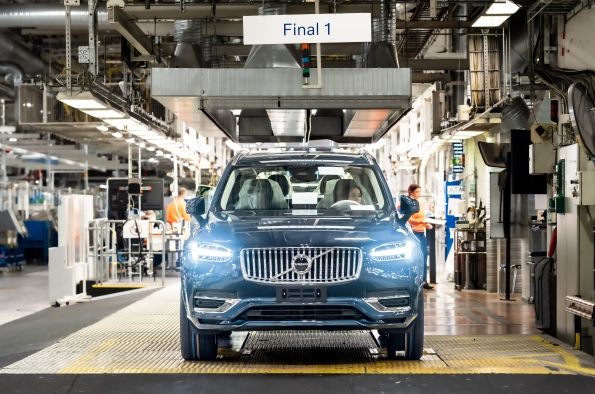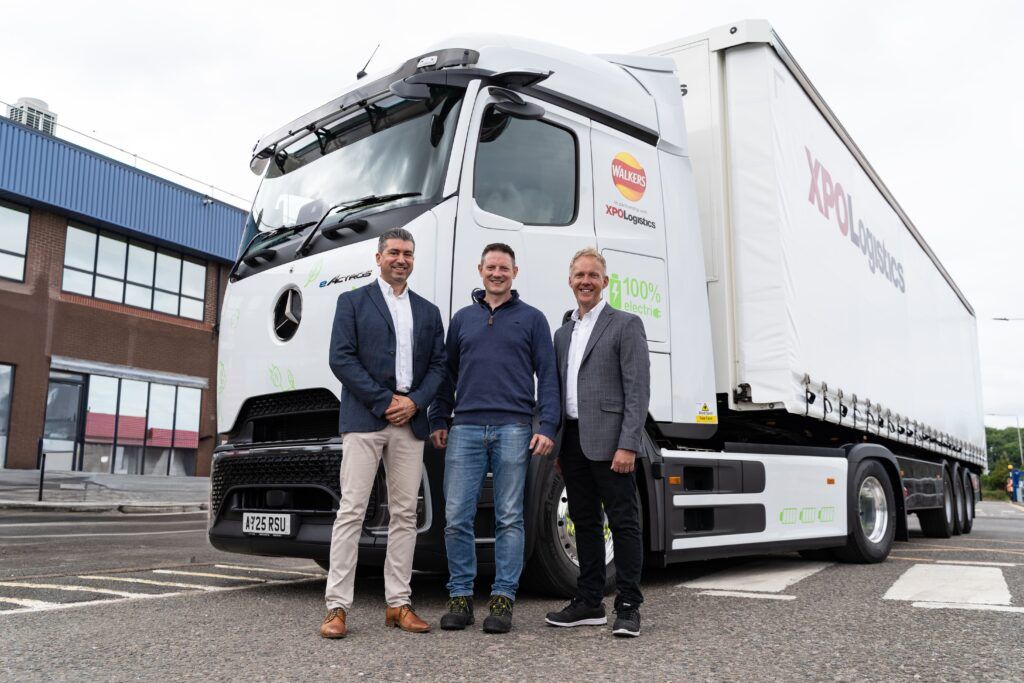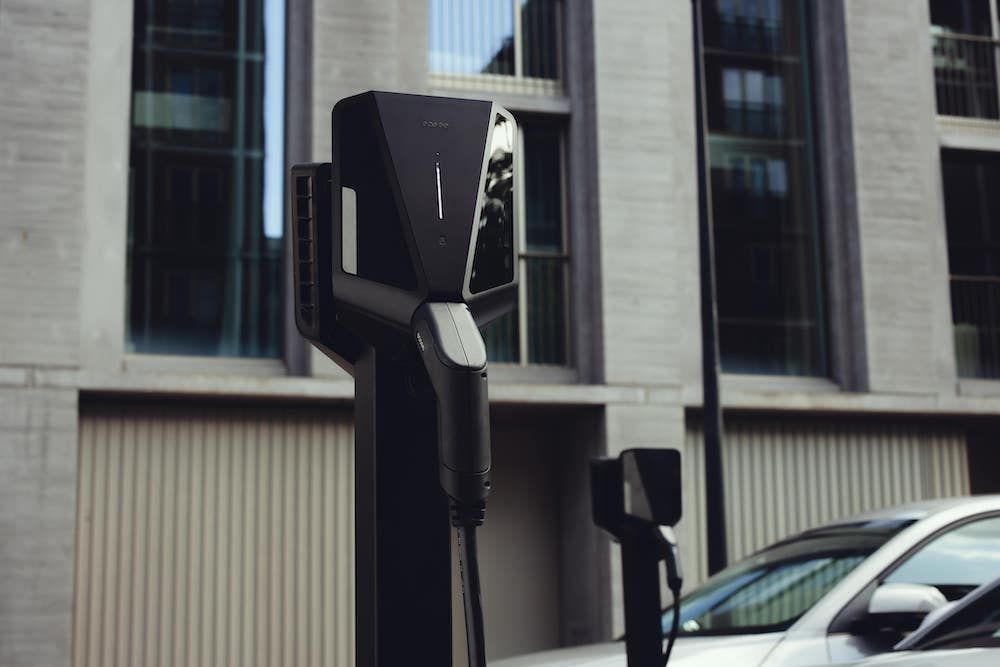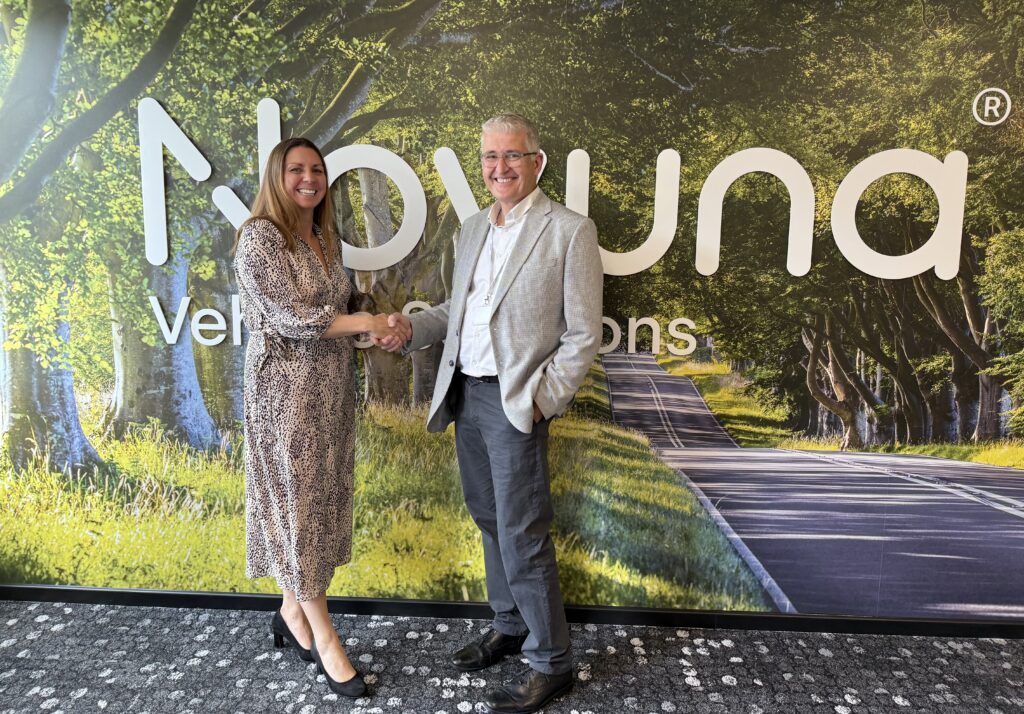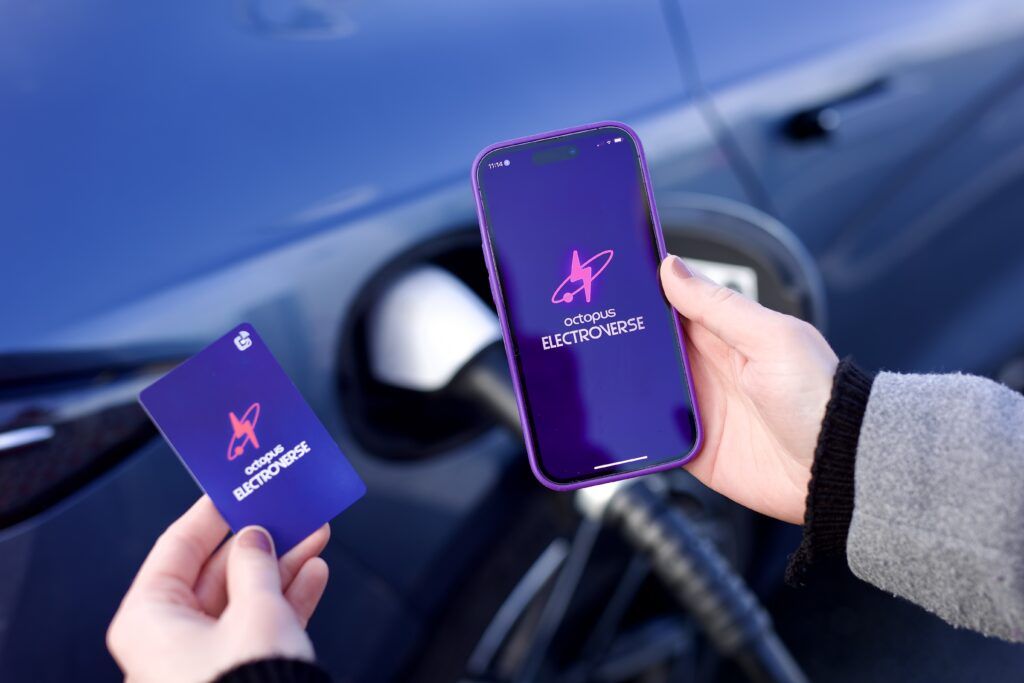Volvo has built its last diesel cars – with the firm’s plant in Ghent, Belgium producing its last V60 and then its plant in Torslanda, Sweden, seeing its last XC90 diesel car roll off the production line.
These events mark a huge milestone in Volvo Cars’ 97-year history. With this move, the company says it is taking a big step towards their ambitions of becoming a fully electric car maker, as well as achieving net zero greenhouse gas emissions by 2040.
In a statement, the company said: “For a long time, our diesel engines were synonymous with reliability and efficiency, and they meant a great deal to us for many decades. Indeed, the success of our diesel cars played a significant role in our evolution into a premium brand.
“In recent years, the electric revolution has evolved quicker than most of us could have imagined – and it’s largely propelled by tightening regulations around tailpipe emissions, as well as customer demand in response to the climate crisis and a desire for cleaner urban air. Only five years ago, the diesel engine was our bread and butter in Europe, just like it was for most other car makers. The majority of the cars we sold in Europe in 2019 ran on diesel, while electric models were just starting to gain traction.
“Today, most of our sales on the continent are electrified cars. Last year, we increased our sales of fully electric cars by 70 per cent, and our global electric market share by 34 per cent. The figures speak for themselves, underscoring that the all-electric direction we’re now heading towards is the right one to take, and we do so with our flag held high. While our future indeed is fully electric, our mixed portfolio includes some excellent plug-in hybrid and mild-hybrid models, which will act as a perfect bridge towards that future.”
Image courtesy of Volvo Cars.



